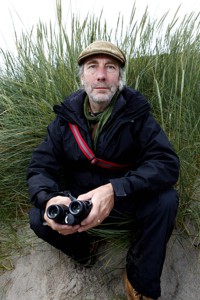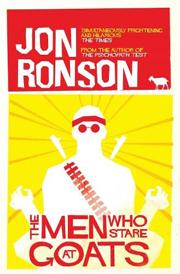Paradox : a statement that is seemingly contradictory or opposed to common sense and yet is perhaps true; a self-contradictory statement that at first seems true.
This week, we have the return of Harry:
Paradoxes — as many of you will be aware — are statements which seem to contradict themselves. I looked, in my last piece for this blog, at the idea that “if you want to live your life, you have to flirt with death” .
 I am currently reading a book of creative non-fiction by sports and nature writer Simon Barnes: Losing It: A lifetime in pursuit of sporting excellence. He makes the profound observation (similar to the paradoxes I looked at in my last piece) that: “Sport is powered by an eagerness to win, and that requires a readiness to lose.”
I am currently reading a book of creative non-fiction by sports and nature writer Simon Barnes: Losing It: A lifetime in pursuit of sporting excellence. He makes the profound observation (similar to the paradoxes I looked at in my last piece) that: “Sport is powered by an eagerness to win, and that requires a readiness to lose.”
I take this to mean that in order to have the desire to win, which sport really requires, one needs to be acutely alive to the possibility of loss, and the pain that entails. If one is not prepared to lose, one is merely neutral on the matter, and so cannot possibly have the drive to win.
I wonder if the term commonly given to Barnes’s genre — Creative Non-Fiction — could also be called a paradox. The term covers a broad church of writing: essays, journalism, criticism, nature-writing, memoir, etcetera. Here are some of my favourite writers of the genre:
David Foster Wallace. Two of his best collections of essays are: Consider The Lobster and A Supposedly Fun Thing I’ll Never Do Again. He writes about subjects as diverse as mid-ranking tennis players, the cruise ship experience, and the ethics of crustacean consumption;
John Jeremiah Sullivan. His collection Pulphead includes an essay about his house being used as a set for US teen soap One Tree Hill;
 Jon Ronson. His books include: Them: Adventures with Extremists; The Psychopath Test; The Men Who Stare At Goats (which was made into a film starring George Clooney); and Lost At Sea. The title essay of the last of these explores the cruise ship industry (clearly a rich vein for the creative non-fiction writer), specifically its questionable record for pastoral care of its workers;
Jon Ronson. His books include: Them: Adventures with Extremists; The Psychopath Test; The Men Who Stare At Goats (which was made into a film starring George Clooney); and Lost At Sea. The title essay of the last of these explores the cruise ship industry (clearly a rich vein for the creative non-fiction writer), specifically its questionable record for pastoral care of its workers;
And of course Simon Barnes, and his paradoxes about sport and losing.